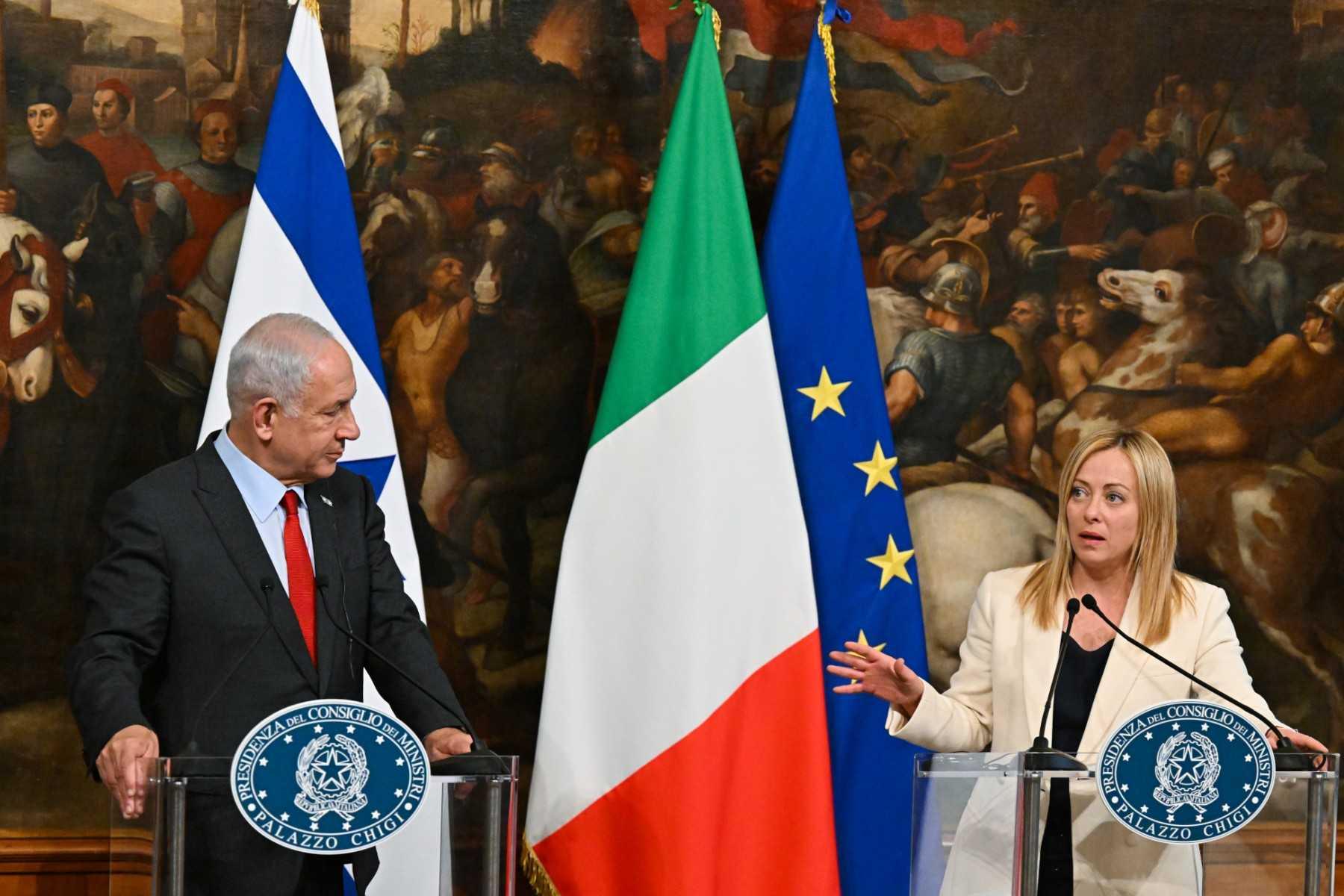Key element of Israeli judicial reforms passes first vote
The government of Prime Minister Benjamin Netanyahu, whose ruling coalition includes ultra-Orthodox and extreme-right parties, introduced its judicial reform package in January.
Just In
The Israeli parliament approved at its first reading on Tuesday morning a bill limiting the Supreme Court's ability to overturn laws it deems unconstitutional – a key element of a judicial reform package that has fuelled weeks of protests.
The text was adopted just before 3am (0100 GMT) by a vote of 61 to 52, though it will still need to be approved at second and third readings before becoming law.
The bill makes it more difficult for the Supreme Court to strike down legislation deemed to contravene the Basic Laws, requiring that a 12-member majority of a 15-judge panel rule in favour.
It would also allow parliament, with just a simple majority, to override Supreme Court decisions striking down legislation and deny the court the right to review such a move.
Before the vote on that bill, lawmakers also approved in its first reading a separate one considerably limiting the chances of a prime minister being impeached.
The government of Prime Minister Benjamin Netanyahu, whose ruling coalition includes ultra-Orthodox and extreme-right parties, introduced its judicial reform package in January.
Ten consecutive weeks of nationwide demonstrations followed, with critics saying the package is aimed at handing politicians more power at the expense of the judiciary and protecting Netanyahu, who is facing corruption charges.
Netanyahu and his justice minister argue the changes are necessary to reset the balance between elected officials and the Supreme Court.
The reforms would also grant the ruling coalition more powers in appointing judges.
Israeli President Issac Herzog – who, in his largely ceremonial role, has tried to broker dialogue – on Thursday called on the coalition to halt the legislation, dubbing it "a threat to the foundations of democracy".
On Monday, prominent scholars presented to parliament a compromise version of the reforms aimed at "preventing constitutional chaos", with the chairman of the body’s law committee saying the version could constitute "a basis for negotiations" with opponents of the government plan.
Subscribe to our newsletter
To be updated with all the latest news and analyses daily.
